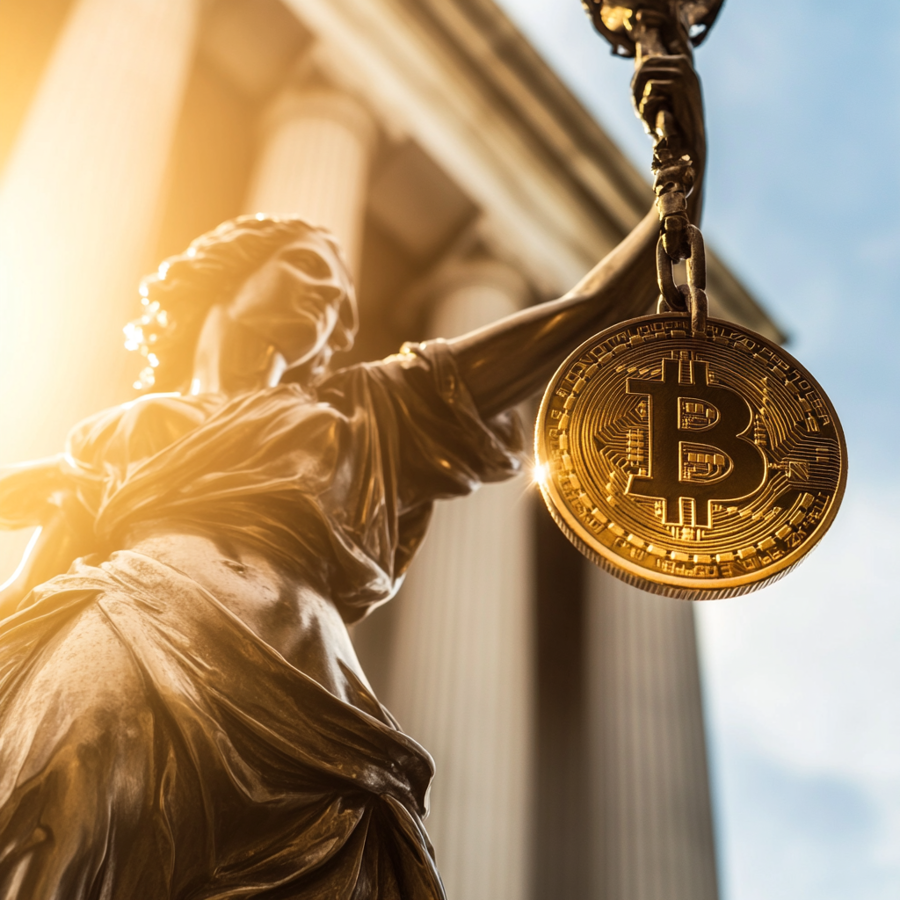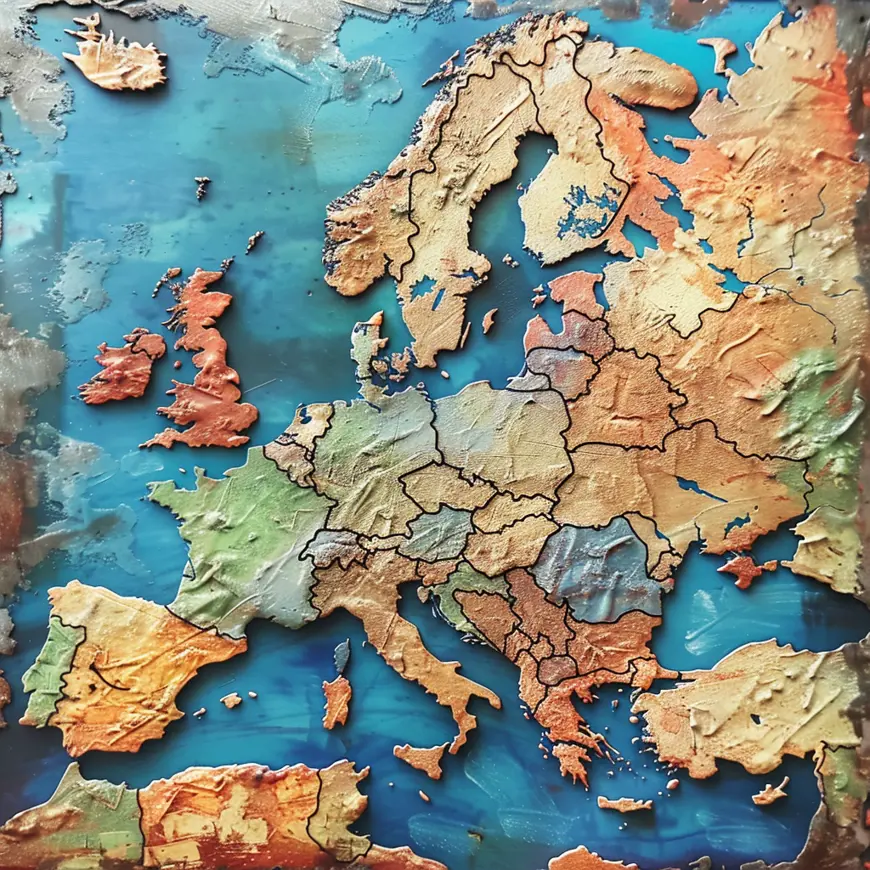Taxes
In the Netherlands, you must pay taxes on your crypto income. This applies to crypto trading as well as receiving crypto as gifts or inheritance. The Dutch Tax Authority considers crypto to be assets if you are not actively trading daily, and you are thus required to pay wealth tax when you own crypto. Be sure to properly track your crypto activity and fulfill your tax obligations to avoid issues with the tax authorities.
Discover more in our articles)




